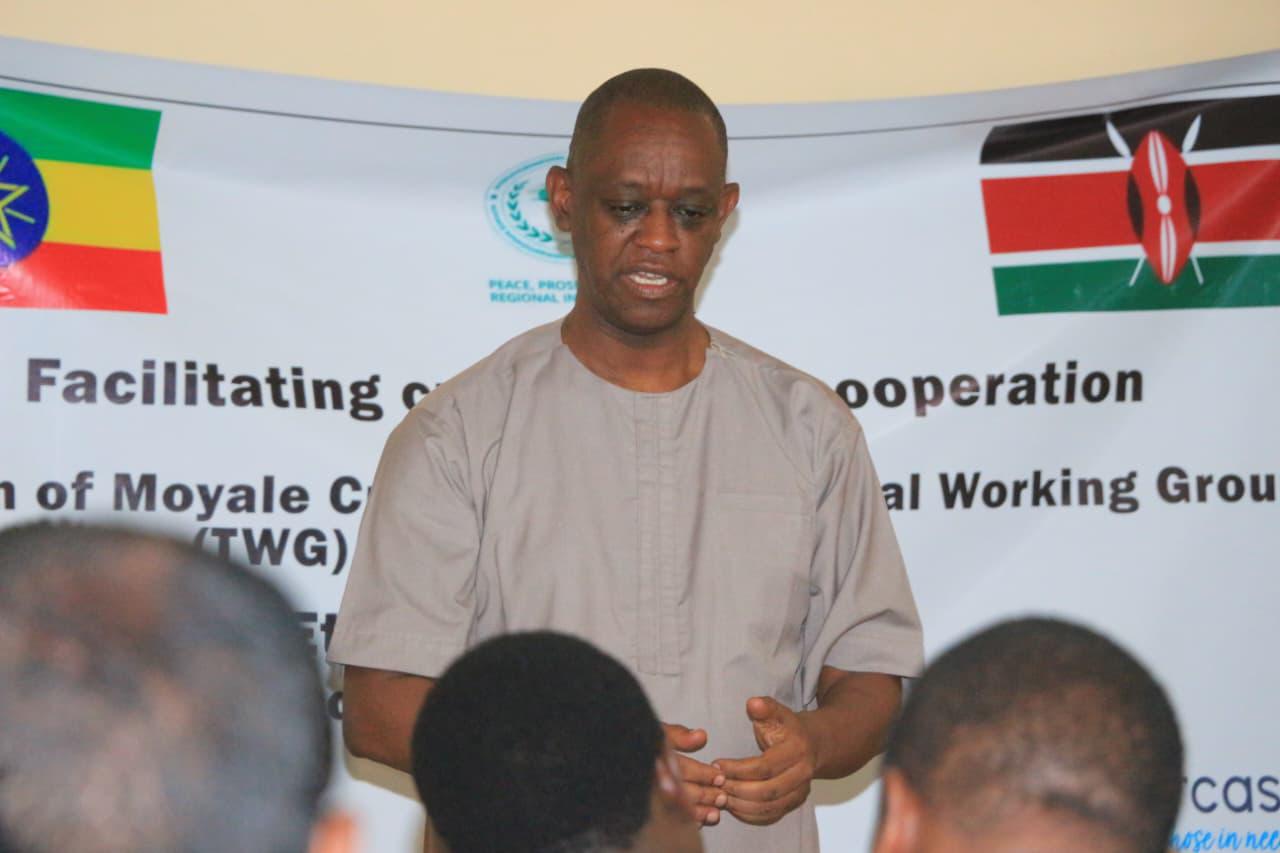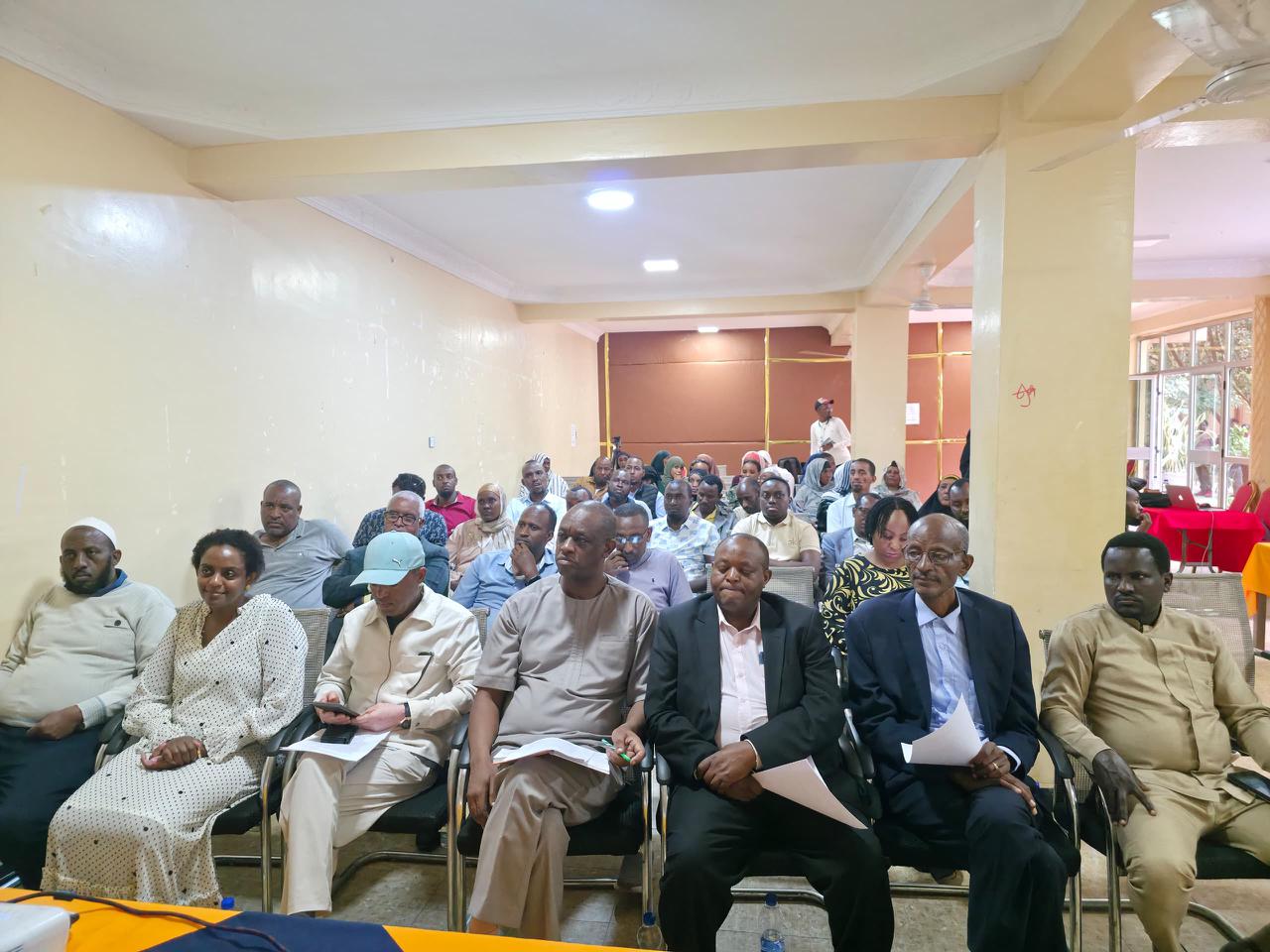For years, residents along the two countries’ borders have struggled with limited access to healthcare, education, and economic opportunities—challenges worsened by displacement and remoteness.
The new collaboration, supported by IGAD and Germany’s GIZ, was formalised during a meeting at Kooketi Hotel in Ethiopia, where officials and community representatives signed joint agreements aimed at improving livelihoods and strengthening regional ties.
Galma Dida, head of IGAD’s cross-border development facilitation office, said the initiative seeks to enhance food safety and health by promoting clean, sustainable milk production while deepening bilateral cooperation.
“Through this diplomatic initiative, Kenya and Ethiopia are not only strengthening their bilateral relations but also setting a precedent for regional development that promises tangible benefits for both countries,” he said.
Dr Yemisrach Benalfew, IGAD’s health and social development division director, emphasised the need for on-the-ground cooperation, noting that “health challenges cannot be solved from boardrooms and capitals alone”.
A major outcome of the meeting is a joint protocol for cross-border disease surveillance and a synchronised emergency response plan.
The education component will address barriers such as documentation gaps, curriculum disparities, and inadequate teacher training, while a third pillar focuses on empowering informal women traders.
The Cross-border Support Platform for Informal Women Traders will help women access financing, understand trade regulations and advocate fairer trading conditions.
“These initiatives will break down trade barriers and build a more inclusive regional economy. Women traders are the lifeblood of cross-border commerce,” Comesa trade desk information officer Mohammed Ali said.
Teacher Amina Ibrahim from Moyale Primary School welcomed the deal, saying it would foster collaboration and resource sharing with Ethiopian counterparts to improve learning outcomes.














